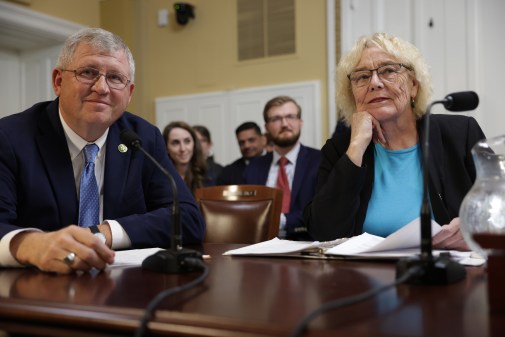The House tweaked the cybersecurity language before passing the National Defense Authorization Act on June 13, adding three amendments designed to assess the economic impact of cyberattacks, educate small businesses on cyberthreats and assess the readiness of the government’s cyberworkforce.
Rep. Tony Cardenas, D-Calif., introduced the three amendments Thursday night and they all passed the House unanimously Friday afternoon.
“The Defense Department must fully understand causes and impacts of electronic attacks and intrusions,” Cardenas said, calling the measures “common-sense amendments” in a statement. “Along with our military technology, we must protect businesses in this nation that lose billions each year when intellectual property is stolen.”
The first amendment requires DOD to include an estimate of economic losses when investigating compromises of “critical program information.” The second amendment would establish a government outreach program to educate small businesses on possible cyberthreats and measures they can take to protect intellectual property and systems. The third amendment would require an analysis of the government’s cyberoperations to include an overview of “the retention, recruitment and management” of the cyberworkforce.
The Defense authorization act already includes language that could potentially overhaul the U.S. Cyber Command structure, which FedScoop outlined earlier in the week.
Friday afternoon, the entire National Defense Authorization Act passed the House, 315 to 108. Only 18 Republicans voted against the bill, while 103 of 193 Democrats voted in favor.






